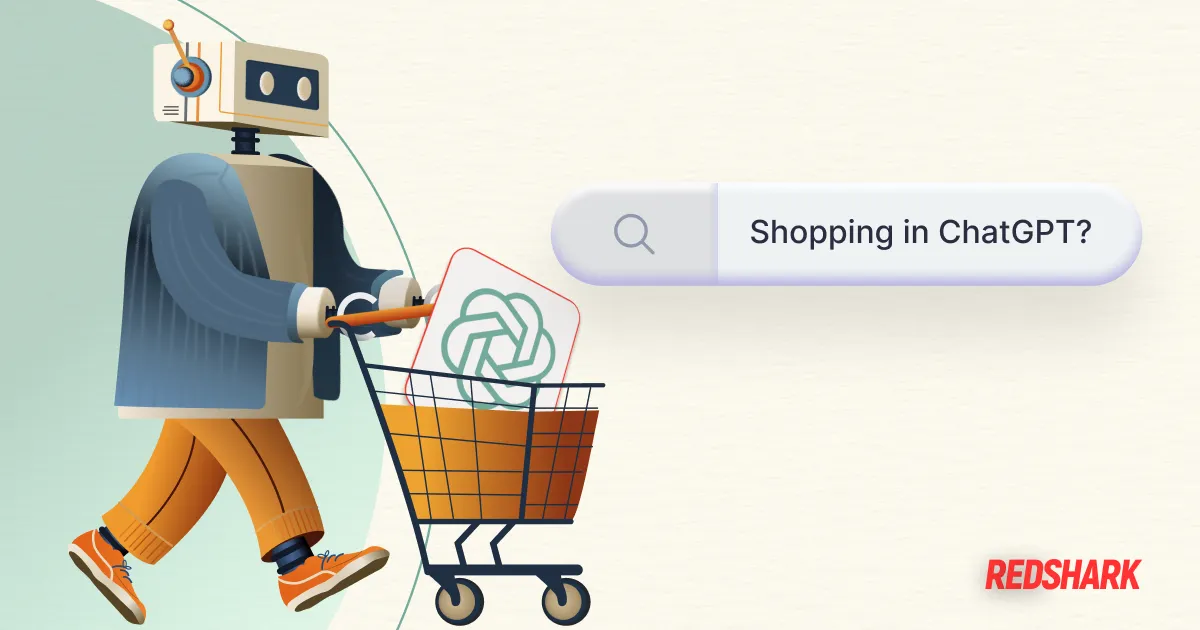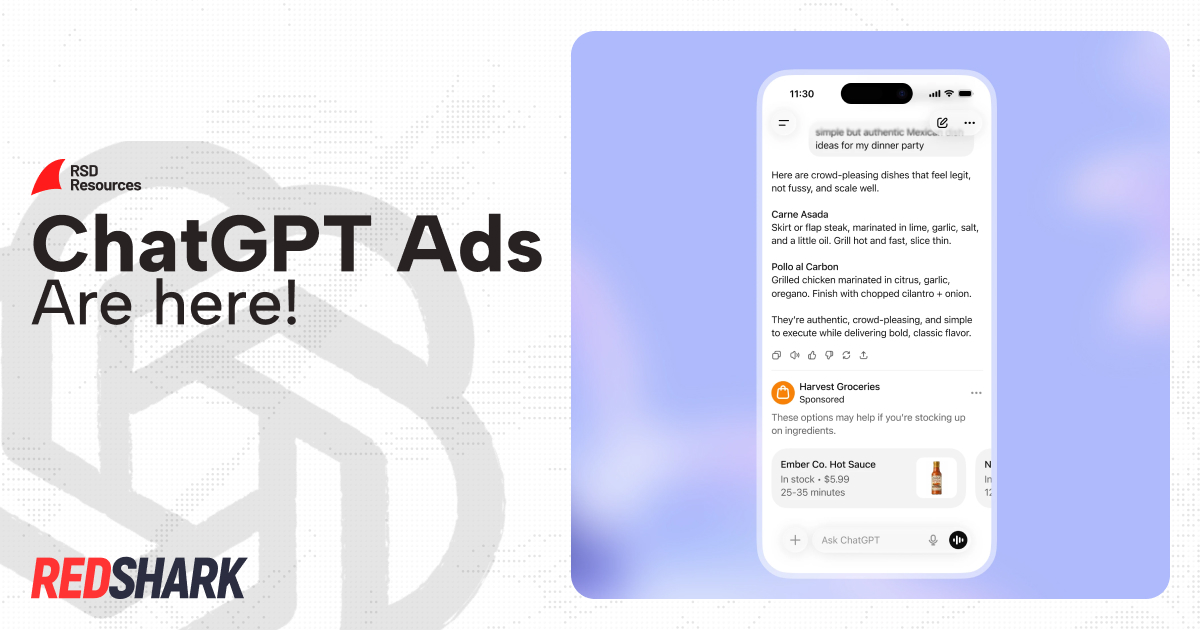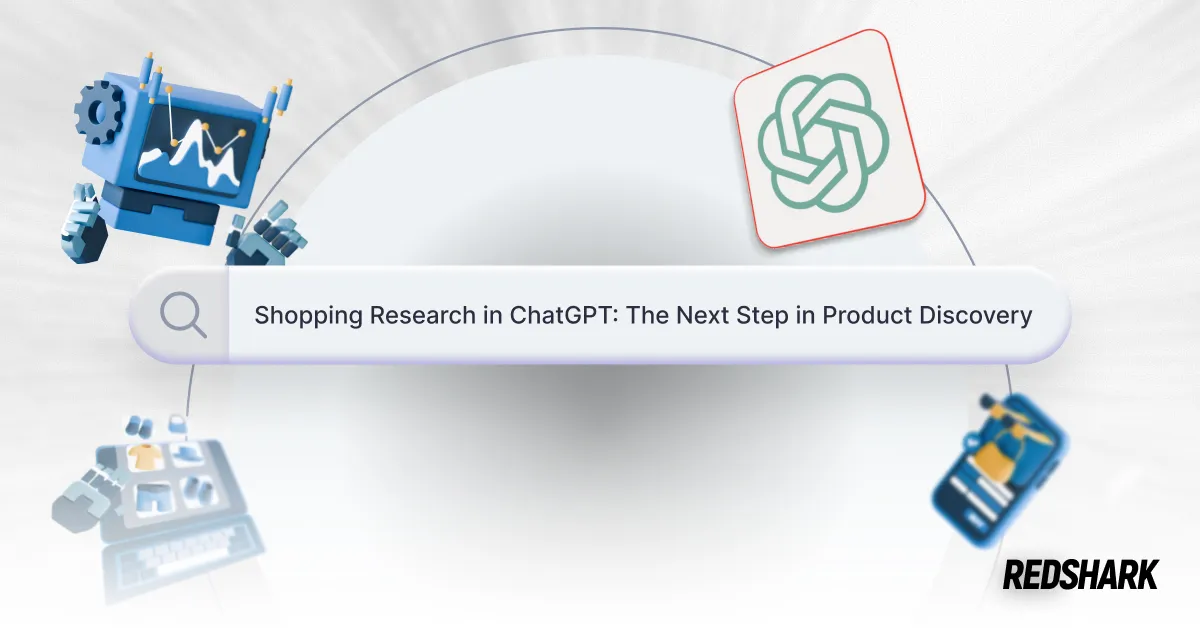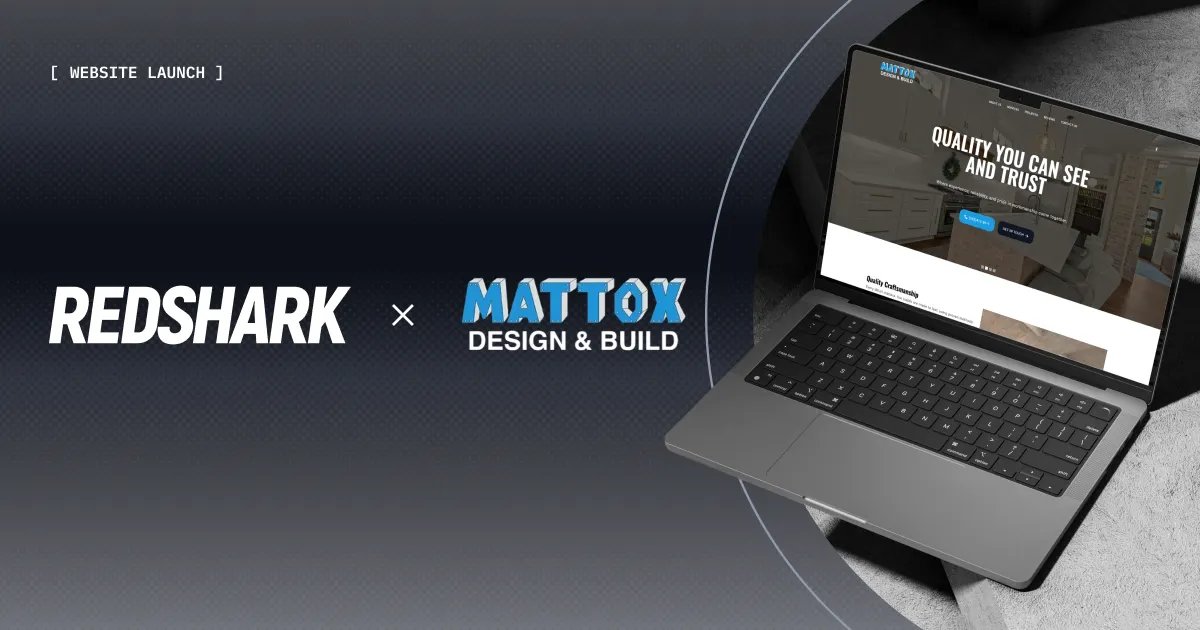
ChatGPT Checkout Is Here — What It Means for SEO & E-Commerce
ChatGPT Checkout Is Here — What It Means for SEO & E-Commerce
Featured & Recent Articles
ChatGPT Checkout Is Here — What It Means for SEO & E-Commerce

The digital landscape has shifted again! OpenAI recently introduced instant checkout in ChatGPT, giving users the ability to discover products and complete purchases directly inside the platform. What once required multiple steps—researching in ChatGPT, then moving to Google or Amazon to buy—can now happen without ever leaving the conversation.
This is more than a convenience. It represents a major disruption to how consumers make decisions online and how businesses must approach SEO strategy in an AI-driven environment.
From Research to Checkout in One Step
Traditionally, customers used ChatGPT to explore options and then relied on Google to complete their purchase journey. Now, with embedded checkout, that transition is eliminated. According to Search Engine Land, shoppers pay no extra fees to buy directly in ChatGPT, and businesses gain a seamless path to conversion. Current integrations already include partnerships with Shopify and Etsy, making it easier for e-commerce sellers to connect their stores directly to ChatGPT and reach buyers instantly.
For marketers, this is a clear signal: visibility in AI-generated results now equals revenue potential. Where traditional SEO once focused primarily on driving traffic, the goal now extends to earning direct transactions inside conversational platforms.
How Brands Should Adapt Their SEO Strategy
Red Shark Digital has seen firsthand how AI platforms like ChatGPT and Perplexity.ai are changing search behavior. To stay competitive, businesses need to align their digital strategy with this new buying journey:
1. Optimize for Conversational Queries
AI-driven platforms surface long-tail, intent-based searches such as “best budget running shoes for flat feet” rather than generic terms. Brands that structure content around these natural-language queries will increase their chances of being recommended in ChatGPT. Tools like AnswerBase can assist with this by analyzing customer questions and helping businesses create content that aligns with real user intent.
2. Prioritize Product Data & Technical SEO
Structured product information—clear metadata, schema markup, and accurate pricing—ensures your offerings are machine-readable. Just as Google Shopping rewards clean data, ChatGPT will rely on structured product content to recommend and sell effectively.
3. Measure AI Attribution
With Google Analytics 4 (GA4) and Semrush already tracking ChatGPT referral data, businesses must start monitoring conversions from AI platforms. This not only validates the ROI of AI search optimization but also informs where to focus future content and e-commerce improvements.
What This Means for the SEO Landscape
The implications go far beyond ChatGPT. Research from the NC Department of Commerce shows e-commerce continues to grow at double-digit rates annually, while the Pew Research Center reports more than half of U.S. adults are now using generative AI tools. The convergence of these trends means AI is no longer just influencing decisions—it’s finalizing the sale.
This challenges the dominance of transactional searches on Google and Amazon. If customers can discover, evaluate, and purchase within ChatGPT, the role of traditional search engines shifts—and brands that fail to adapt risk being left behind. The current partnership with Shopify and Etsy makes this shift even more interesting, as it signals a bigger push for merchants to build and optimize their websites on Shopify. With ChatGPT’s checkout funnel connected directly to established e-commerce platforms, the incentive for merchants to invest in Shopify as their digital storefront has never been stronger.
Red Shark Digital: Leading in AI Search Optimization
At Red Shark Digital, we’re positioning clients to win visibility and conversions in AI-powered platforms. From structured content strategies to advanced SEO and e-commerce optimization, our approach ensures brands appear not only in search results but also in the exact moment buyers are ready to act.
Are you ready to own your place in the future of AI search? Contact Red Shark Digital today and let’s transform how your business is discovered—and purchased—in the new era of e-commerce.

















.webp)



.webp)
.webp)

